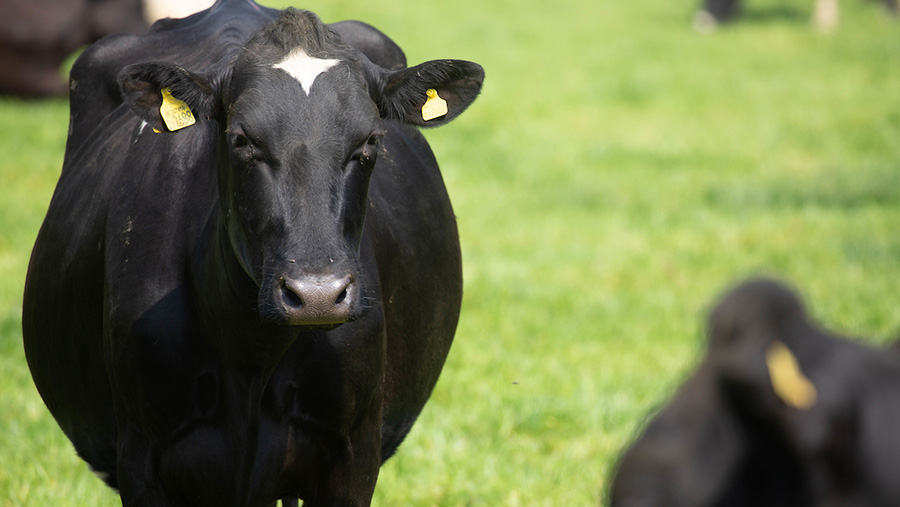Let science not emotion dictate bovine TB policy, Defra told
 © Tim Scrivener
© Tim Scrivener Farm leaders have urged Defra to “follow science, not emotion” as it plots the next phase of its 25-year strategy to eradicate bovine TB in England.
The government’s eight-week public consultation on measures to reach bovine TB-free status by 2038 closes on Wednesday (24 March).
It includes plans to transition from badger culling to badger vaccination, with a proposal for Natural England to stop issuing any new intensive culling licences from 2022.
See also: Next phase in Defra bovine TB strategy explained
Meanwhile, efforts to accelerate the deployment of a TB cattle vaccine within five years are under way.
Government proposals to phase out badger culling have sparked mixed reactions from livestock farmers and wildlife campaigners.
Much of the high-risk area (HRA) in the South West and parts of the Midlands is covered by existing badger culling and supplementary cull licences – and it is widely reported that incidence of TB in cattle is reducing.
Defra’s latest TB statistics, published on 10 March, show that new herd incidents across England dropped 8% in the 12 months up to August 2020.
Over the same period, 27,360 TB-infected cattle were slaughtered in England – a 17% fall from the previous year (32,793).
In its response to the consultation, the National Beef Association (NBA) warned Defra that it must follow the science and data – and not emotions and dates.
“I think the evidence confirms to date that the badger culling policy is helping to eradicate TB disease in cattle,” said NBA chief executive Neil Shand.
“We are very much against the reduction in culling licences from 2022.
“Until we have a proven alternative, we must ensure that we continue with culling.
“If Defra is serious about its long-term commitment to eradicating TB, then it must not switch off the only policy that is working.”
Cattle vaccine trials
Mr Shand added: “We are absolutely against the vaccination of badgers when we do not know their disease status. That is a pointless exercise.
“If there is a proven cattle vaccination readily available in the future, we would support this, but it must be trialled properly.
“Defra must follow the science and data – and not emotion and dates.”
In its response to the consultation, the NFU said badger culling had proven to be effective and it warned that any move towards unproven alternatives would threaten the success of the entire eradication strategy – and could undo years of hard work.
NFU deputy president Stuart Roberts said: “I would urge government ministers to work on the basis of the data in front of them, not a desire to meet arbitrary dates, and continue with the existing strategy that utilises badger culling where appropriate, as part of a complete bovine TB eradication strategy.”
Meanwhile, both the Badger Trust and Wildlife Trusts have been heavily lobbying their members to ask the government to stop issuing culling licences immediately.
The Badger Trust insists that the main route of bovine TB transmission is between cattle and not from wildlife, such as badgers.
Six key proposals included in the consultation
- Stop issuing new intensive badger cull licences after 2022
- Restrict supplementary cull licences to a maximum of two years (from five years), and prohibit issuing supplementary licences for previously licensed areas or areas licensed for Badger Disease Control after 2020
- Give Defra chief veterinary officer the power to revoke new culling licences after two years of culling, following a “progress evaluation”
- Reduce the initial financial commitment required from farmer-led cull companies
- Introduce mandatory post-movement testing of cattle moving from higher TB-risk regions (the high-risk area (HRA) and edge areas on six-monthly surveillance testing and Wales) into edge areas where herds are on annual surveillance testing
- Use the more sensitive gamma-interferon (blood) testing in cattle more widely in the HRA and edge areas
